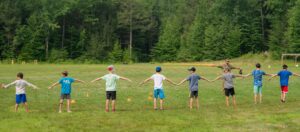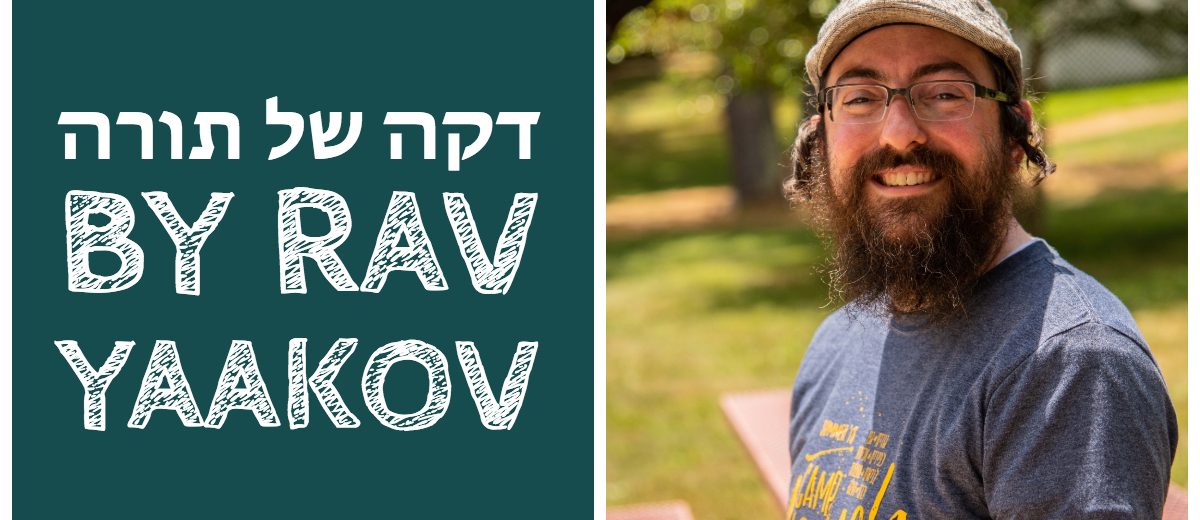Parshat Korach – Truth or Pride?
In this week’s parsha, a man named Korach leads a populist rebellion against Moses and Aaron. Korach says that after all, all of the Israelites are holy, so why should holiness and power be concentrated in the hands of Moses, Aaron and the Kohanim? Ultimately, Korach and his followers are swallowed up by the earth – God dramatically issuing a ruling in the dispute.
But what was so bad about Korach’s argument in the first place? Should the leadership of the Jewish people in the desert, and direct connection to God, be centralized or decentralized? If they had all experienced the exodus from Egypt and the giving of the Torah on Mount Sinai, Korach argued, aren’t all of the people equally holy? And if they were all equally holy, why were Moses and Aaron in charge?
The Mishnah in Avot posits that what was wrong with Korach’s argument was that it was not “for the sake of heaven.” Korach questioned Moses’ and Aaron’s leadership not because Korach wanted to build a more democratic society, but rather, because he wanted to take power for himself. His advocacy for the people was not coming from a place of sincerity and care, but from a place of pride and ego.
There is an extremely important lesson in this parsha for all of us: When we find ourselves in disagreements about issues that we are passionate about, we must take a step back to check and be sure that we’re arguing for the sake of heaven, not just for the sake of “winning.” This summer we will all encounter fellow members of our Yavneh community whose experiences of Judaism are different from our own. For some of us, that might be uncomfortable at first. When challenged by a friend whose observance of or thoughts about Judaism vary greatly from what we hold to be “right,” we must ask ourselves whether our response will honor the K’lal Yisrael community of which we are a part. If it just comes from a place of ego or fear, it is keeping us from learning and growing. We all may be holy, as Korach said, but we all express it differently. The real holiness is in how we build community in embrace of our differences, for the sake of heaven.
Questions for the Shabbat table:
- Why do you think that our pride and ego so often take precedence when we find ourselves in disagreements?
- Have you experienced disagreements where, in retrospect, you or others in the disagreement were arguing more to be “win” than to actually uncover truth? What can you do to ensure that when you find yourself in a disagreement, you stop to be sure you’re not arguing from a place of pride or ego?




